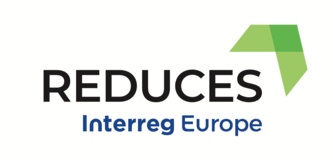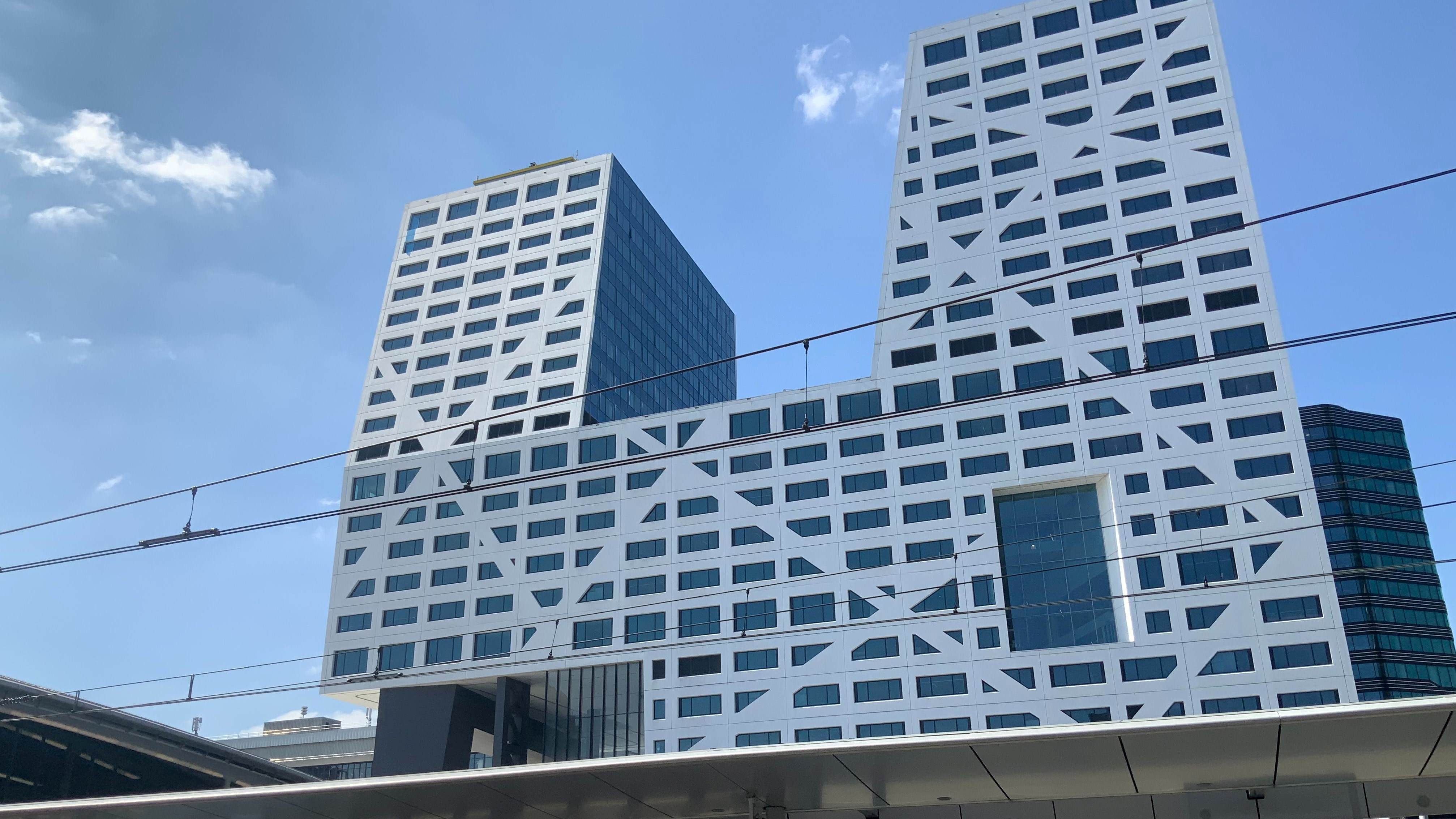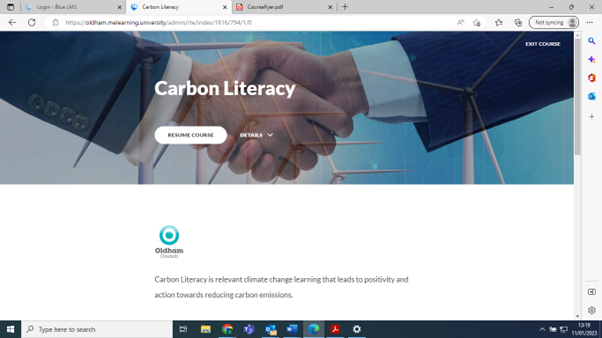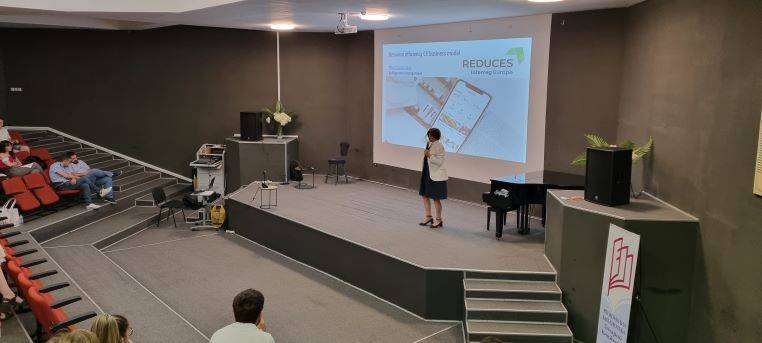On March 25th, 2022 the fifth Stakeholder Group Meeting was organised in Bulgaria online using the ZOOM Platform. More than 20 representatives of governmental agencies, NGOs, businesses and media discussed about the importance of the language used to describe the circular economy, and how to communicate clear definitions that everyone can easily remember and understand. The circular economy provides a positive rallying vision and messages always need to provide a call to action that links to the pressing issues and multiple crisis’ we are facing.
Vihra Andonova from EPF opened the discussion with a presentation “Our Future, Climate Changes, Urbanisation and Circular Economy”. The circular economy is based on three principles: eliminate waste and pollution, circulate products and materials, and regenerate nature. Sounds simple enough, but how do we effectively explain and apply these definitions to our current system?
The journalists Lyuba Rizova (Producer "Questions"), Bisera Angelova (BTV, Producer "Face to Face") and Darina Zhelyazkova (Creative Agency for Digital Marketing) spoke about the importance of information and the need for a concept for communication strategy in the circular economy. Between the system and individual, sometimes the stories which contain the power to move the society to care and become involved, get lost. People receive different information in different ways and the responsibility lies with everyone.
In the panel "Waste - raw material for new production" it was discussed that the circular economy is about flipping our current take-make-waste economic model on its head to one where we eliminate, circulate, and regenerate. Sirma Misheva and Radoslav Bozadjiev presented cases of generation of uncontrolled waste from tires and the possibilities to turn them into product.
Mr. Stamen Yanev, Executive Director of Bulgarian Investment Agency spoke about the responsibility of the government. The importance of the business partnership when turning the Circular Economy was presented by Iliana Pavlova, Director of the Clean Industry Center at Bulgarian Chamber of Industry.
It was concluded that more and more circular economy solutions are brought to the table and including circular economy legislation to meet climate targets and deal with waste and pollution. There is a definite recognition of the role the circular economy can play in tackling climate change challenges we currently face.
The things that motivate the majority of the society and businesses are not necessarily the planet and climate change threats, they are more about need, practicalities, saving money, and comfort. However, there are examples of companies and individuals that are making circular economy choices in their lives and activities. If these diverse motivations are identified, there is a strong potential to mainstream these behaviors. In order to accelerate the transition to a circular economy, it is vital to use a common language and definitions that can be easily understood by all.
Vihra Andonova
Euro Perspectives Foundation
Vessela Petrova
University of Mining and Geology "St. Ivan Rilski"











